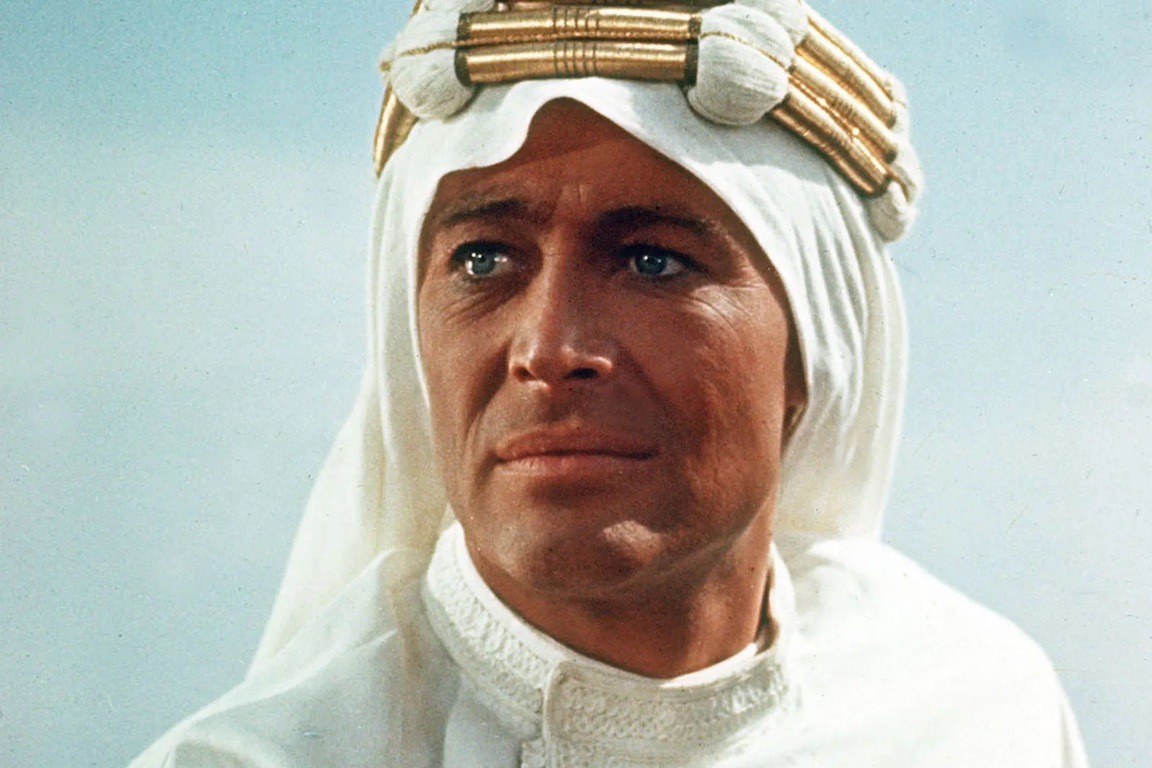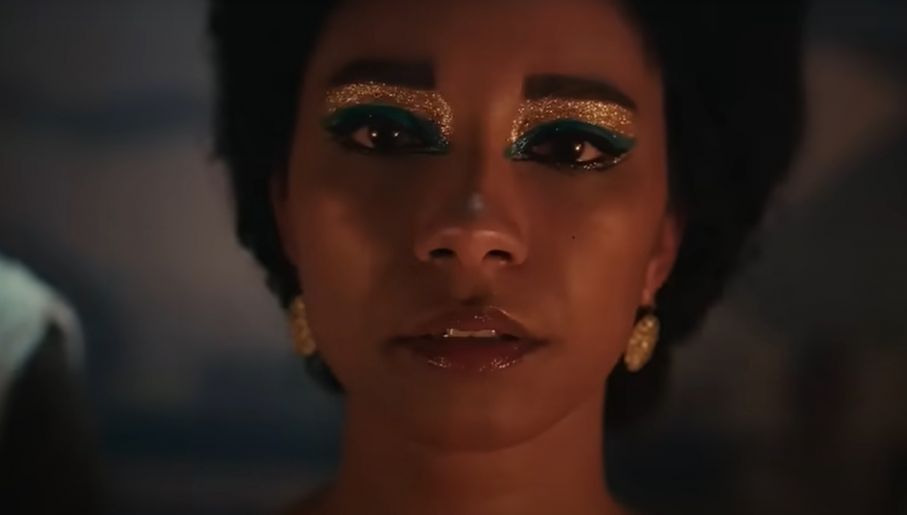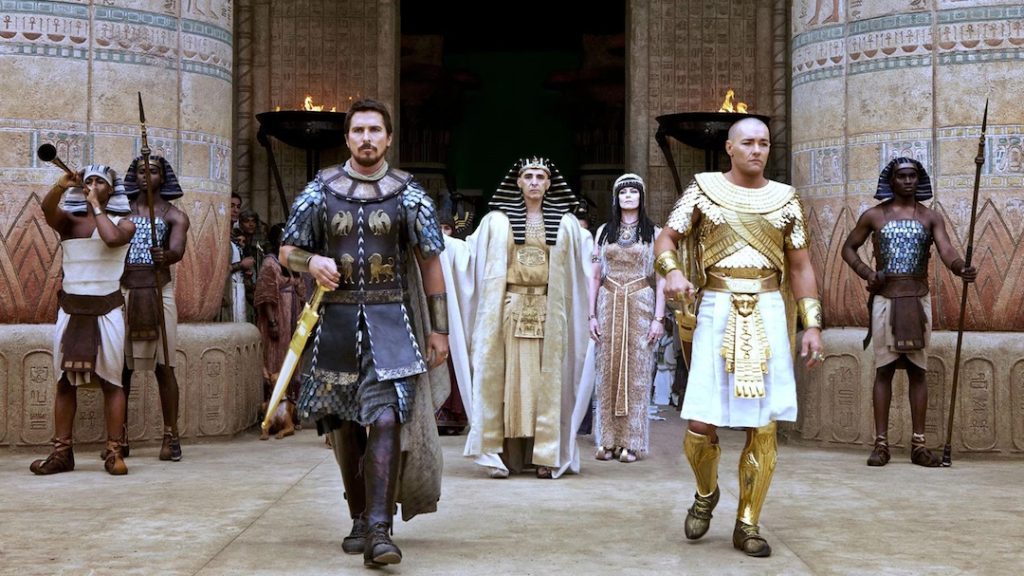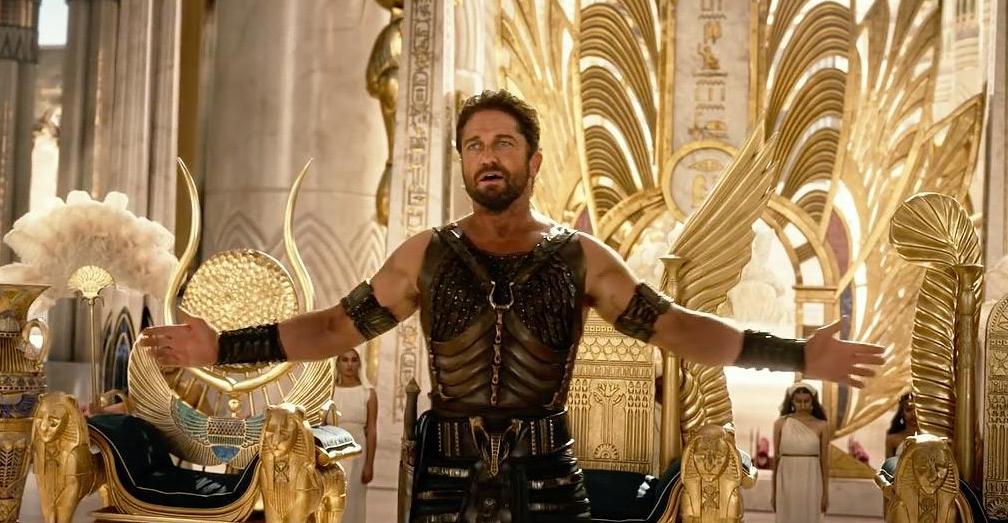
Hollywood has actually long been criticized for its misstatement of Middle Eastern culture. Illustrating a narrow view of a diverse and rather interesting group of people. Specific movies illustrate Arabs as one-dimensional, counteracting their rich cultural heritage and communities. Some might debate that although it’s 2023, they have still continued to follow in this repetative style when representing of Arabs. Although the culture has soo much more to offer than what is on screens.
Adele James in Queen Cleopatra
Manufacturer Jada Pinkett Smith, describes, “We do not typically get to see or hear stories about Black queens”.
Is her version of Cleopatra actually that historically incorrect and culturally appropriative? The statement of the docuseries had actually sparked public controversy in Egypt back in April. Comic and political activist Bassem Youssef, spoke up versus what he deems the distortion and appropriation of Egyptian culture, “it’s important to note that the outrage is not about Cleopatra’s skin color. It did not matter to ancient Egyptians and is not a substantial consider modern-day Egypt. Rather, the controversy stems from the appropriation of Egyptian culture and the erasure of Cleopatra’s heritage.”.
Cleopatra’s amazing accomplishments and long lasting reputation have actually made her a target for different groups claiming her as their own. The representation of Cleopatra’s ethnic background is an intricate problem that requires a nuanced understanding of history and culture. While it’s important to commemorate variety and representation in media, it’s likewise essential to be considerate of cultural heritage and historical precision. Understanding the intricacy of Cleopatra’s story can result in a higher appreciation for the rich history and culture of Egypt.
 Dwayne Johnson in Black Adam
Dwayne Johnson in Black Adam
What about the lead role? This is one of lots of concerns that may develop while watching DC’s Black Adam. The movie follows the story of Black Adam, an ancient Egyptian servant who got the powers of the wizard Shazam.
Perpetuating Hollywood’s propensity to portray Arab countries as underdeveloped. Despite these shortcomings, there are some redeeming qualities to the movie. In the end, Black Adam might not live up to its potential, but it does display just glimpse of rich cultural heritage of the Middle East and North Africa.
It appears that Exodus: Gods and Kings has tried to take on the problem of diversity by slathering phony tans over the stars’ faces. This has led to confusion over the movie’s whitewashed cast.
Director Ridley Scott cast English star Christian Bale as Moses and Australian star Joel Edgerton as Ramses II. When questioned about the decision to cast just white stars in the lead roles, Scott reacted, “I can’t install a film of this spending plan, where I have to rely on tax rebates in Spain, and say that my lead actor is Mohammad so-and-so from such-and-such”. While this may be an unfortunate reality for stars of color in Hollywood it highlights a bigger concern of defaulting to all-white casts in movies that demand a diverse cast.
Practically all of the black stars in Exodus play the roles of Egyptian thieves, assassins, servants, or lower class civilians. This had led to require a boycott of the film from a variety of groups after its release in 2014. It was even prohibited in Egypt by Egyptian Culture Minister Jabir Asfour. While the race of ancient Egyptians has actually been questionable for centuries, the image of ancient Egyptians as white has been disappointing. Making light of the Bible in films like Exodus is a problem both historically and since it enhances a magnificent association with brightness, favoritism, and heroism that has actually afflicted modern Christianity. This depiction of Egyptian pharaohs and scriptural characters is traditionally far from reality.

Naomi Scott in Aladdin
To really comprehend why Disney’s variations of Aladdin stirs controversy, it’s important to look into the history of the story. Even prior to the motion picture was released, the fact that it was directed by a white male must have raised a warning. In a period where representation matters more than ever, it’s crucial that directors of Middle Eastern or Arab background take part in motion pictures that touch upon their culture.
Disney had a hard time to find a female lead of Middle Eastern descent who could both act and sing. Disney cast Mena Massoud, an Egyptian-Canadian actor, in the role of Aladdin.
When it was revealed that British actress Naomi Scott would play Jasmine, people had a lot to say. Scott is of blended British and Indian descent and wasn’t the ideal option to play an Arab princess coming from the Middle East. The decision was commonly discredited for its absence of cultural level of sensitivity and that regardless of the abundance of skilled Arab starlets that had actually cast for the role, the studio picked to cast a non-Arab as Jasmine.
The motion picture’s title may suggest splendour, but in reality, it is just a dream movie in which the ancient Egyptian gods coexist with mortals. Following a magnificent and aesthetically stunning battle, Horus loses his eye, and Set chooses to wreak destruction on the mortals. Mortals try to conserve the day, a love interest develops, and an epic god fight unfolds. Nevertheless, the casting of Gerard Butler and Nikolaj Coster-Waldau as Set and Horus was doubtful. Casting 2 appealing white men of Scottish and Danish descent as the most powerful gods of ancient Egypt might not have actually been the best choice.
It’s understandable that these stars may attract western audiences, however there are plenty of extremely skilled actors of color who might have meet this role. Furthermore, the film perpetuates the same problematic styles as the films “Exodus” and “Black Adam”. The only people of color in these movies are represented as slaves and palace servants, who are illustrated shouting and running in terror from the giant, glossy gods.
 By welcoming more genuine portrayals of Middle Eastern culture and people, Hollywood has the power to promote a much better understanding of the abundant and varied Arab world. As audiences, we can likewise play a role in promoting for better representation and supporting movies and media that promote varied and authentic perspectives.
By welcoming more genuine portrayals of Middle Eastern culture and people, Hollywood has the power to promote a much better understanding of the abundant and varied Arab world. As audiences, we can likewise play a role in promoting for better representation and supporting movies and media that promote varied and authentic perspectives.